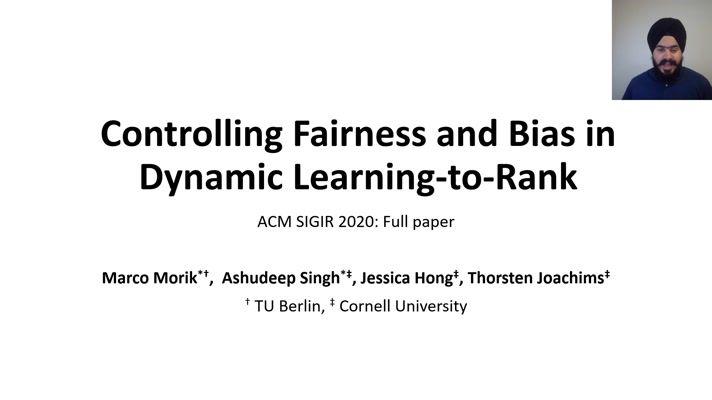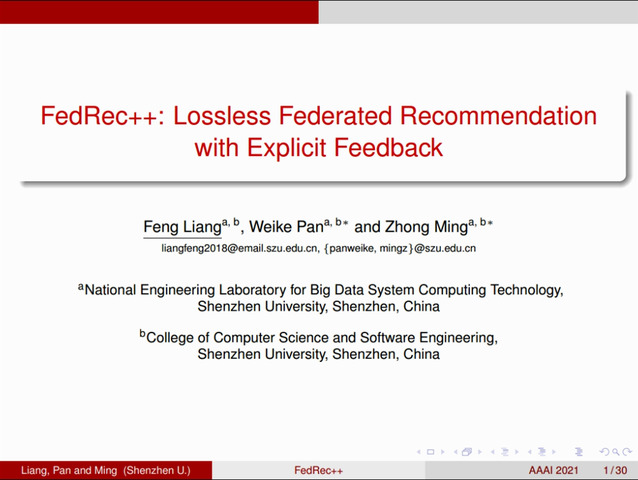Abstract:
Recommender systems play an important role in providing an engaging experience on online music streaming services. However, the musical domain presents distinctive challenges to recommender systems: tracks are short, listened to multiple times, typically consumed in sessions with other tracks, and relevance is highly context-dependent. In this paper, we argue that modeling users’ preferences at the beginning of a session is a practical and effective way to address these challenges. Using a dataset from Spotify, a popular music streaming service, we observe that a) consumption from the recent past and b) session-level contextual variables (such as the time of the day or the type of device used) are indeed predictive of the tracks a user will stream—much more so than static, average preferences. Driven by these findings, we propose CoSeRNN, a neural network architecture that models users’ preferences as a sequence of embeddings, one for each session. CoSeRNN predicts, at the beginning of a session, a preference vector, based on past consumption history and current context. This preference vector can then be used in downstream tasks to generate contextually relevant just-in-time recommendations efficiently, by using approximate nearest-neighbour search algorithms. We evaluate CoSeRNN on session and track ranking tasks, and find that it outperforms the current state of the art by upwards of 10









































